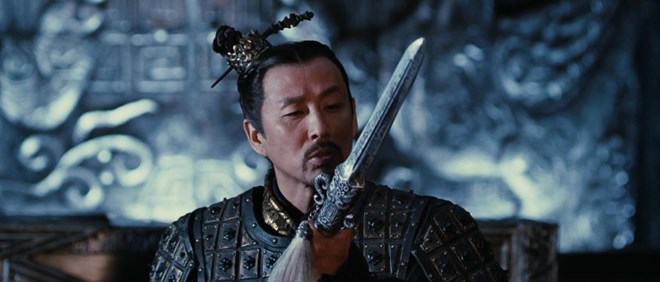
The life of Qin Shi Huang is an endless subject of movies.
Currently, the documentary "The Mystery of the Terracotta Warriors" has a special attraction when it was released on the Netflix platform. The anecdotes and stories in the mysterious life of the first emperor of the centralized feudal empire of China - Qin Shi Huang are being widely sought after by audiences.
The life of Qin Shi Huang has always been an endless subject of Chinese cinema. Hundreds of films of many genres have been produced revolving around the life and mysteries of King Qin.
Among them, "Hero" - a work by Zhang Yimou that created a storm in 2002. "Hero" had a revenue of 177 million USD, the martial arts work with the historical revenue at that time.
The film brings together the most famous actors of Chinese cinema: Jet Li, Tony Leung, Donnie Yen, Maggie Cheung, Zhang Ziyi, Chen Daoming...
The film is inspired by the story of Jing Ke's assassination of Qin Shi Huang.
The incident of Jing Ke is recorded in the chapter "Biography of Assassins" in Sima Qian's Records of the Grand Historian. Accordingly, in order to have the opportunity to approach Qin Shi Huang, Jing Ke brought the head of a disgraced Qin general, Fan Yuqi, and a map of Yan to the Qin court.
However, the assassination attempt failed and Jing Ke was killed by the Qin army.
Zhang Yimou's "Hero" builds on the character of a Zhao swordsman named Wuming (Jet Li) who tries to approach Qin Shi Huang by killing three masters being hunted by the Qin king: Chang Tian (Donnie Yen), Broken Sword (Tony Leung) and Fei Xue (Maggie Cheung).
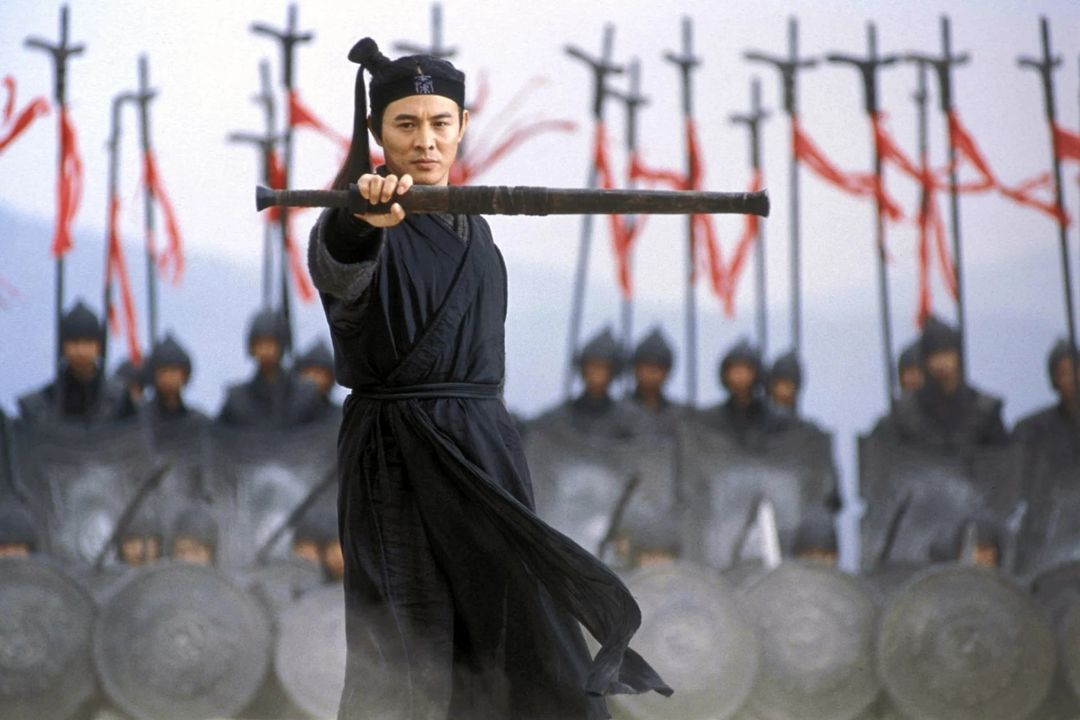
When he met Qin Shi Huang, Vo Danh told the story of how he defeated three masters in turn.
However, Vo Danh's story could not fool Qin Shi Huang. The Qin King, who was portrayed as a character with extraordinary strategy, guessed the nature of the story, that behind this setup, was the handshake of four of the world's best martial arts masters, with the sole purpose of helping Vo Danh approach Qin Shi Huang at close range to assassinate him.
Finally, when the plan was exposed, Wu Ming told Qin Shi Huang, “Your Majesty has underestimated one person, and that is Tan Kiem.”
This plan failed because Tan Kiem tried every way to prevent it. When Vo Danh insisted on entering the palace to meet the King of Qin, Tan Kiem wrote the two words "Thien Ha" in front of Vo Danh to prevent it.
Tan Kiem believes that Qin Shi Huang should not be assassinated - because he is the only person who can unify the world, bring the country back together, and end the painful war that has lasted for seven countries.
Compared to the pain of the world, the pain of an individual is nothing. Tan Kiem hopes that Phi Tuyet and Vo Danh can put aside their personal grudges and not want to kill Qin Thuy Hoang so that the world can be peaceful and stable.
When hearing Vo Danh tell this story, Qin Shi Huang's tears welled up. Qin Shi Huang said, sitting on the throne for a lifetime was too lonely, no one understood him, everyone thought Qin Shi Huang was a tyrant, unexpectedly - the person who understood Qin Shi Huang the most was the enemy he had been chasing for so long.
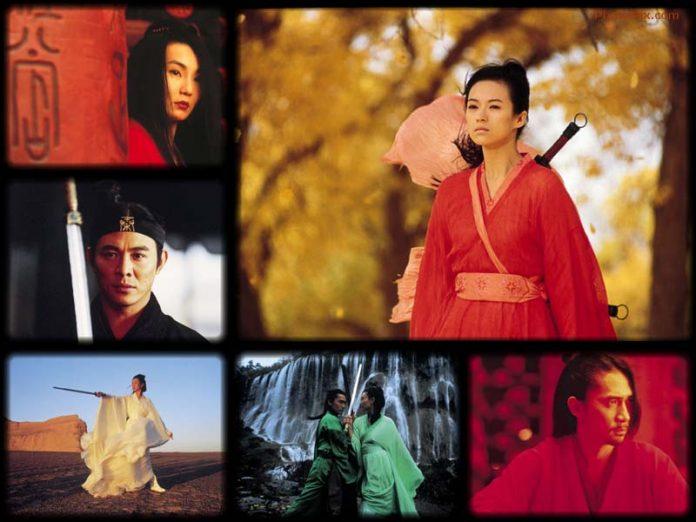
Argumentative
“Hero” ended when Vo Danh was killed by the Qin army, Phi Tuyet committed suicide, Tan Kiem died under the sword of the girl he loved... Qin Thuy Hoang buried Vo Danh as a hero.
The film depicts talented and outstanding heroes of the era, but the "hero of heroes", the one who conquered all other heroes under his power and vision - is Qin Shi Huang.
When released, the film caused controversy in public opinion, when many opinions said that the film had painted a rosy picture of Qin Shi Huang's life and career, and justified the brutal massacres that Qin Shi Huang had carried out to consolidate his power.
In historical records, Qin Shi Huang implemented many harsh laws. After the war, Qin Shi Huang carried out many large-scale projects, including the construction of the Great Wall in the North, the Lingqu Canal, the Afang Palace, the Qin Shi Huang Mausoleum protected by the Terracotta Army...
These huge projects had to be paid for at a high price in the flesh and bones of countless civilians, with exhausting forced labor, causing resentment among the people.
To suppress dissenting opinions and impose his Legalist ideology, Qin Shi Huang burned many books and buried many scholars alive.
According to Sima Qian's Records of the Grand Historian, the book burning and burial of Confucian scholars is called "The Book Burning and Burying of Confucian Scholars" in which it is recorded that the King of Qin burned books and buried more than 460 scholars alive.
Qin Shi Huang reigned for 37 years, dying of illness in 210 BC at the age of 49. After his death, the Qin Dynasty soon collapsed just 3 years later.
Source: https://laodong.vn/van-hoa-giai-tri/vu-kinh-kha-muu-sat-tan-thuy-hoang-va-nhung-tranh-cai-quanh-bo-phim-anh-hung-1359697.ldo


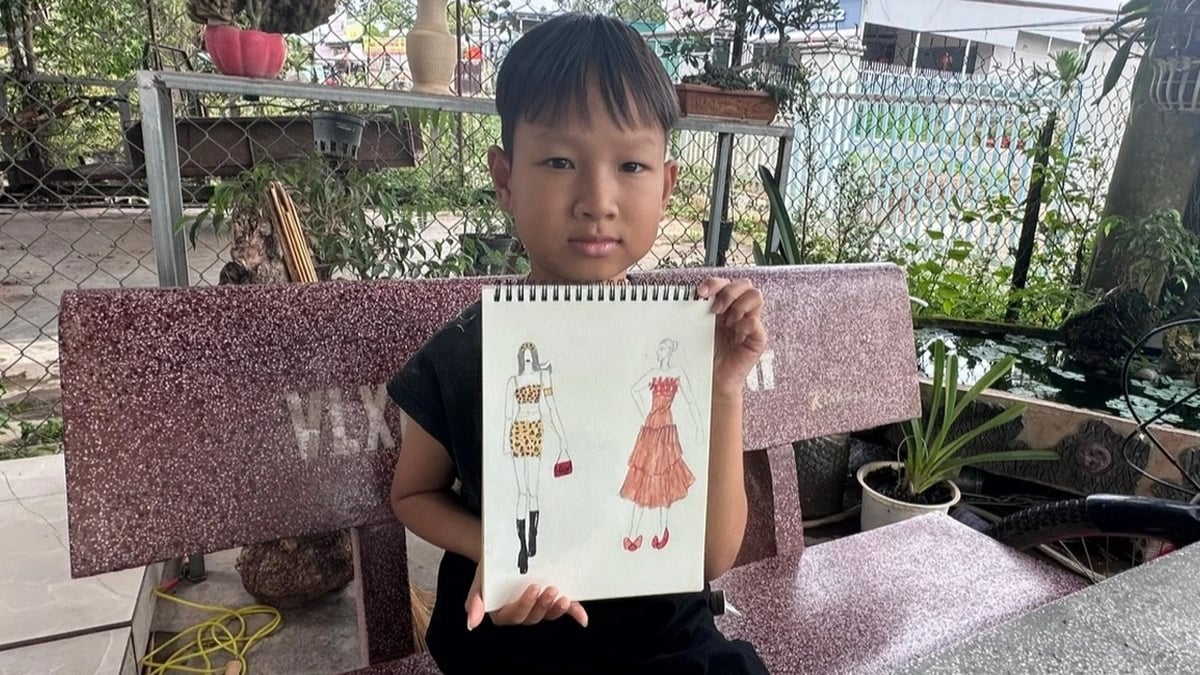


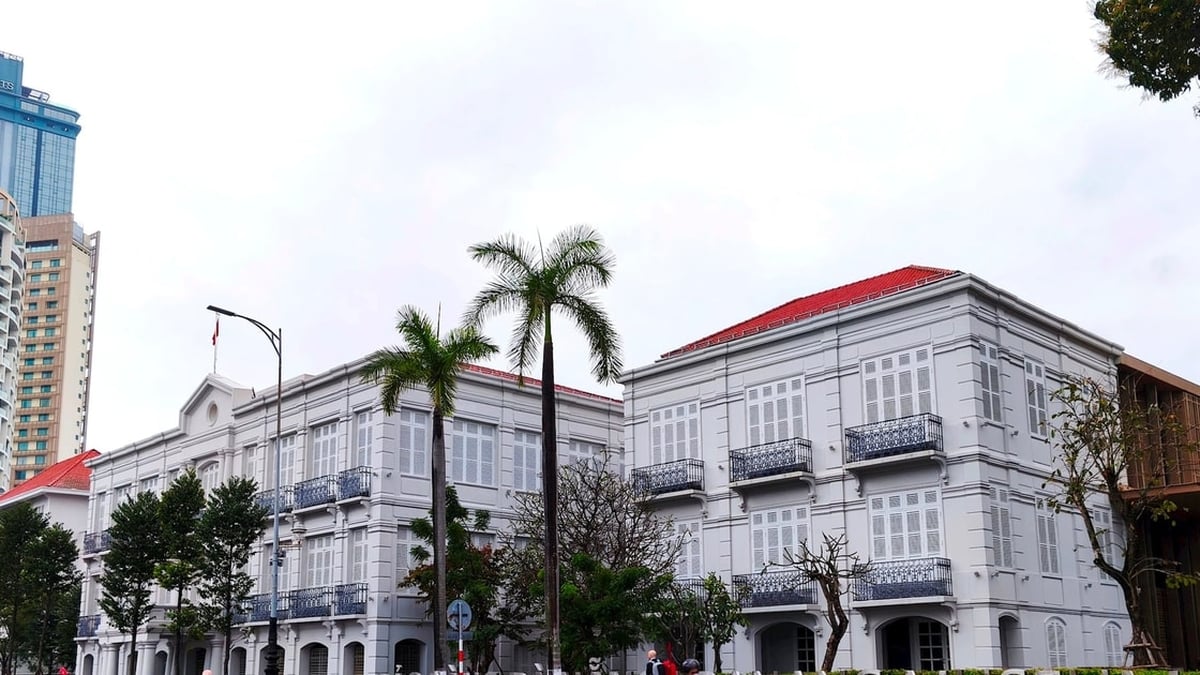

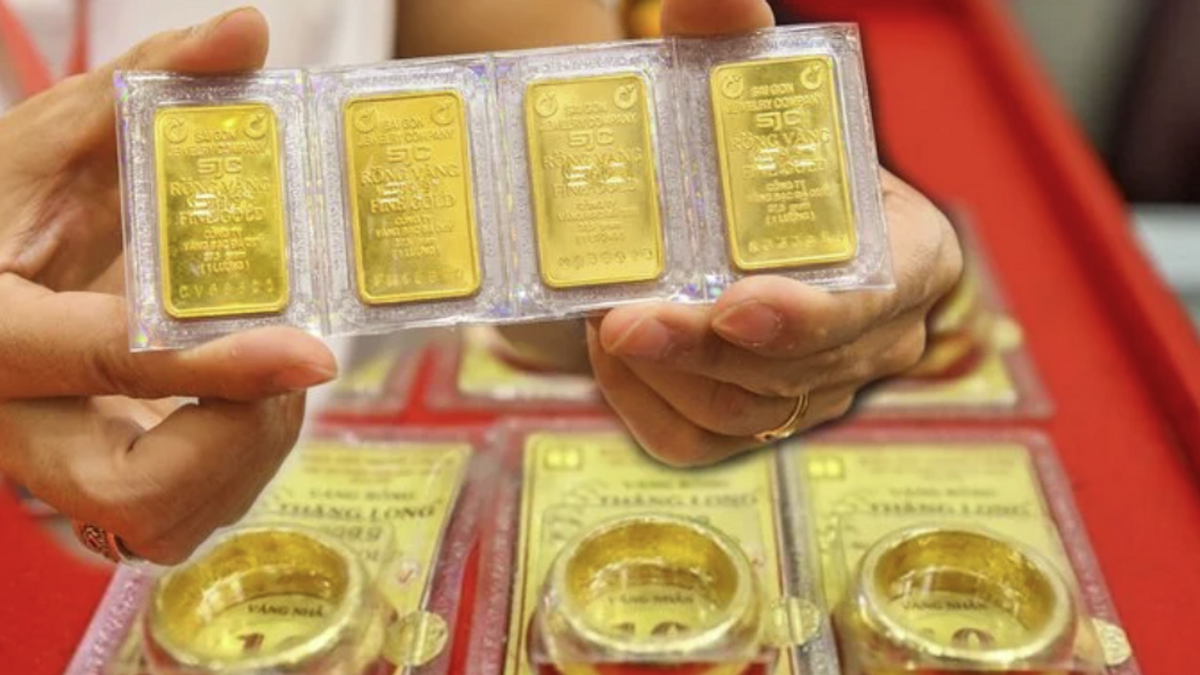



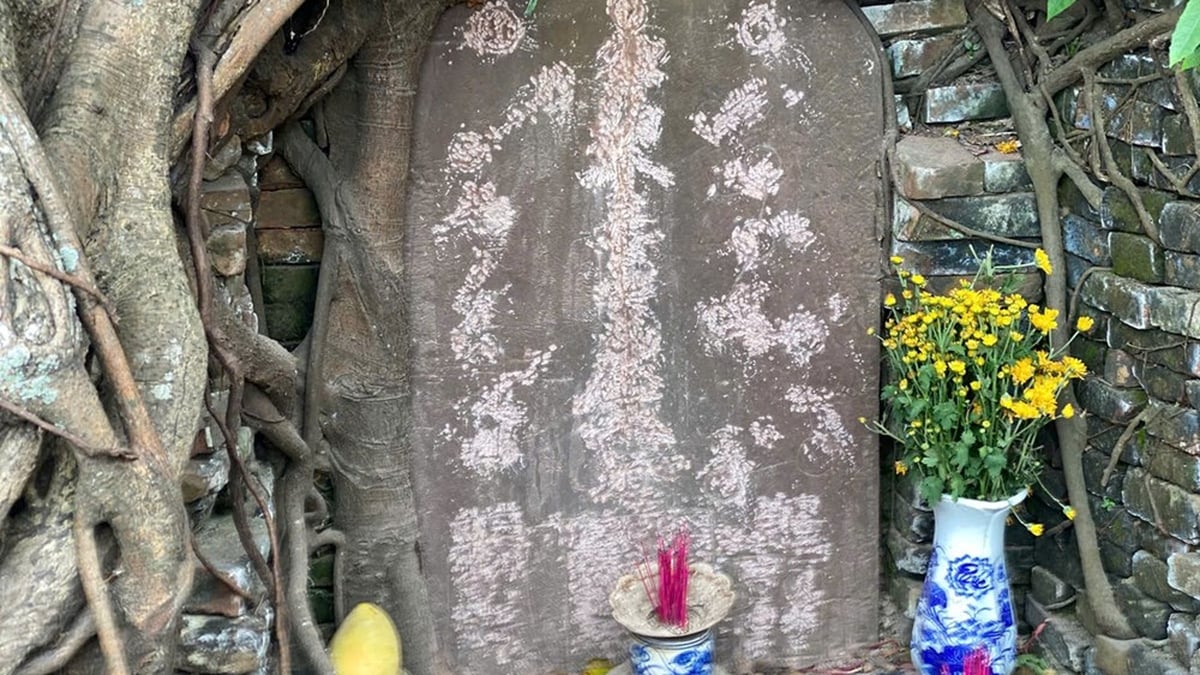











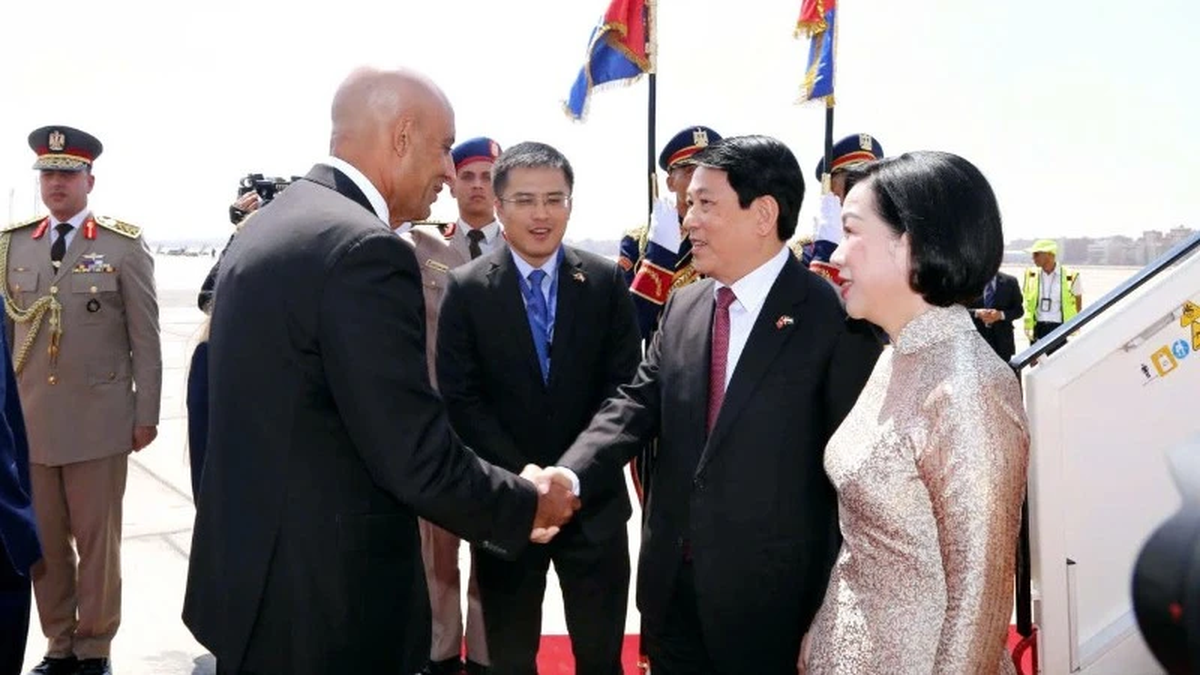

















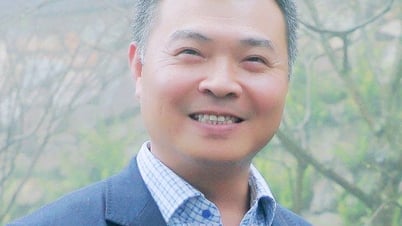


















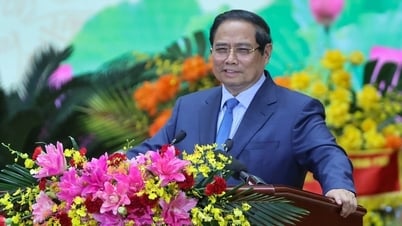
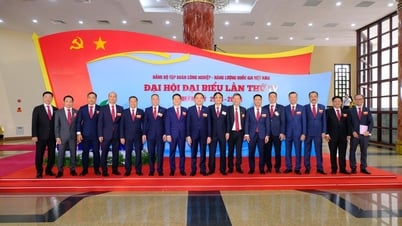
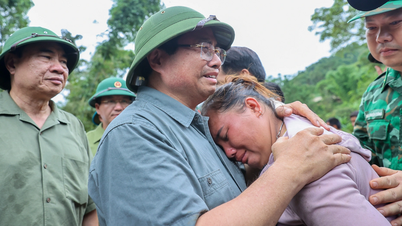

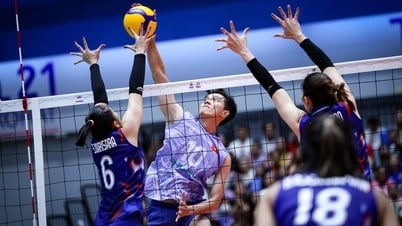

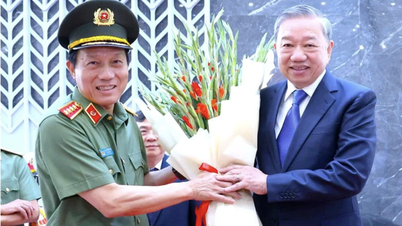
![[Infographic] Traditional friendship and good cooperation between Vietnam and Egypt](https://vphoto.vietnam.vn/thumb/402x226/vietnam/resource/IMAGE/2025/8/4/9a2112b4046e4c128fdcb5403489866a)

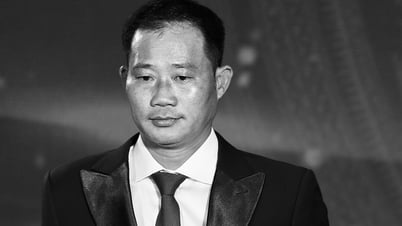
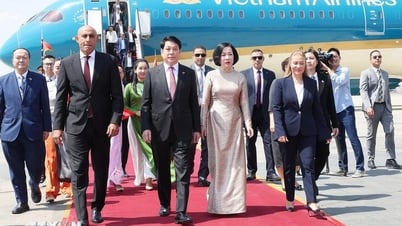

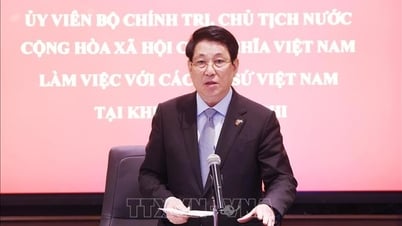


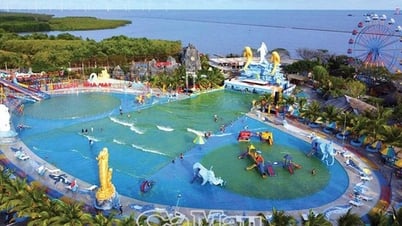

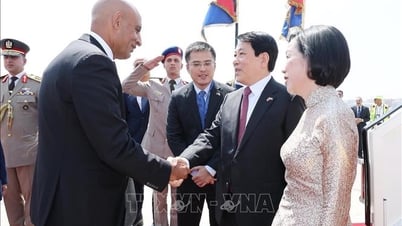





















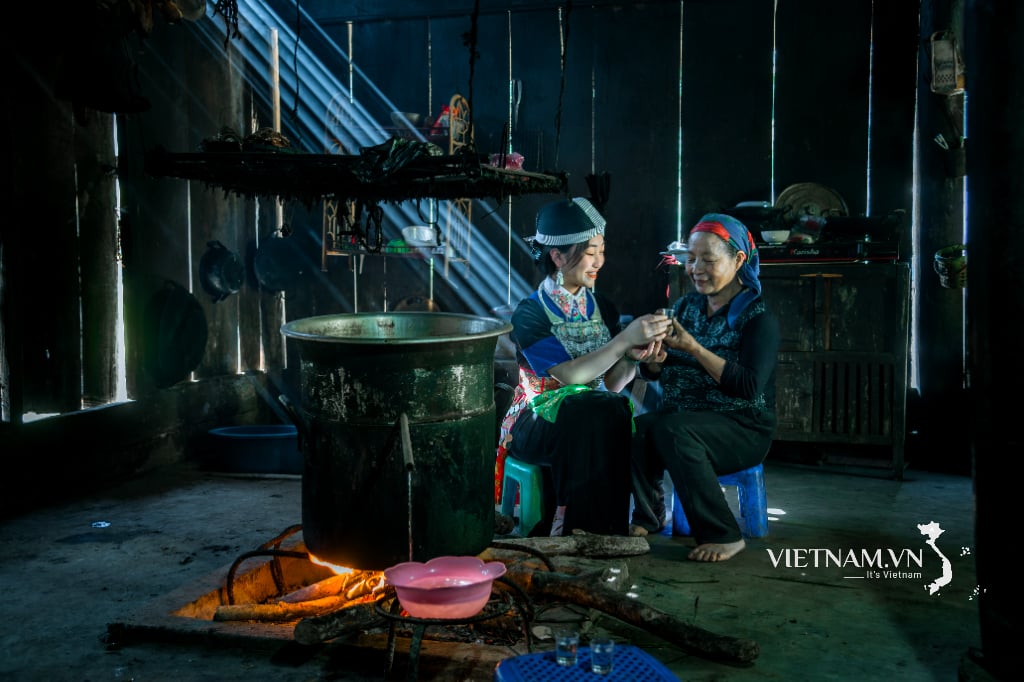
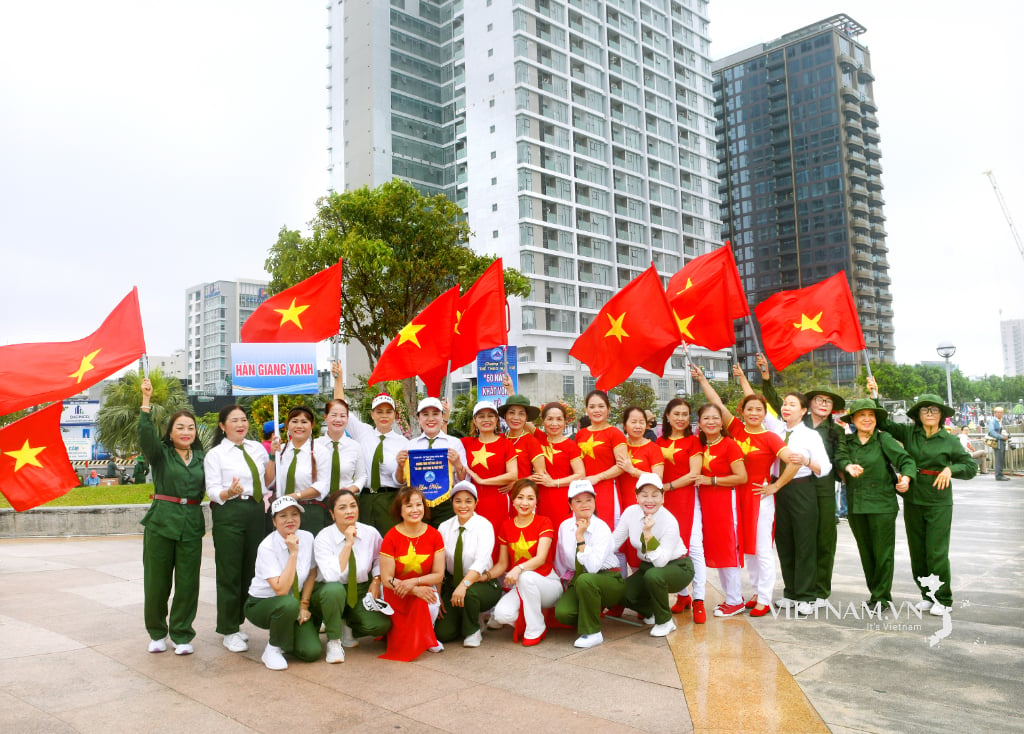
Comment (0)